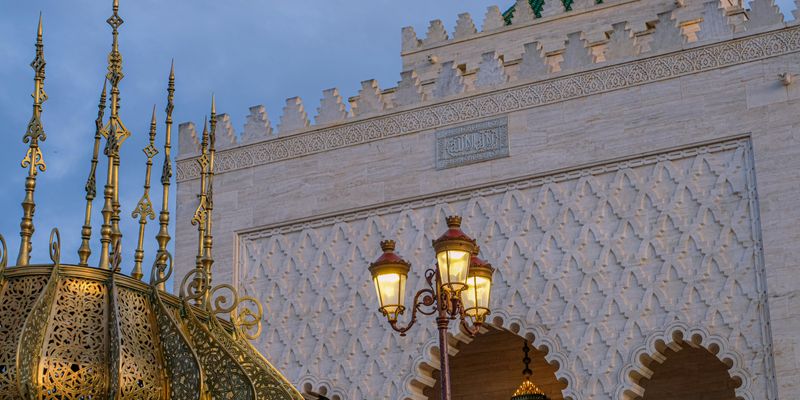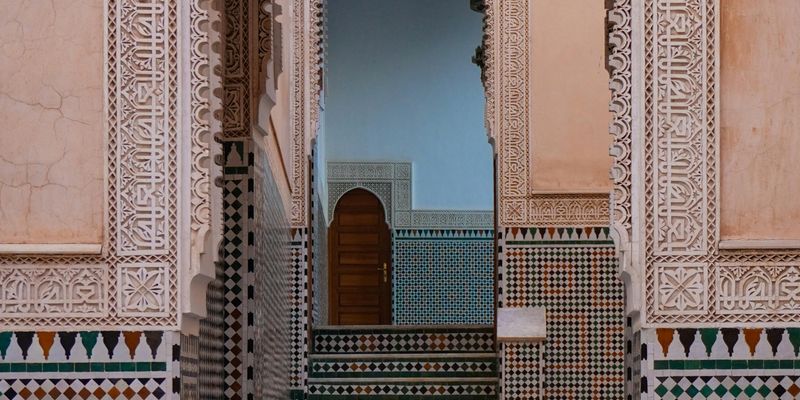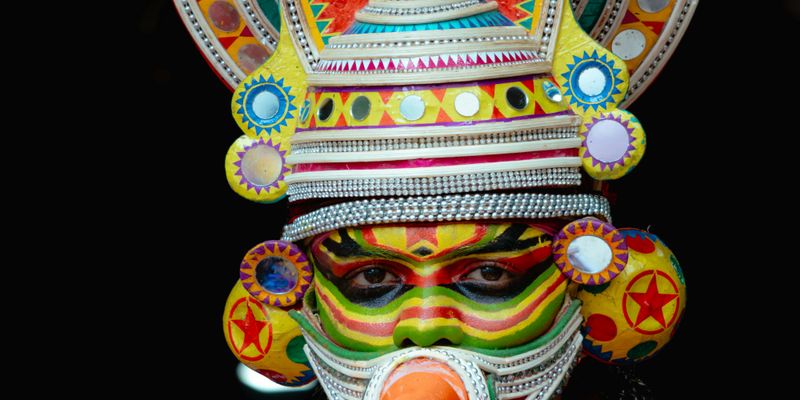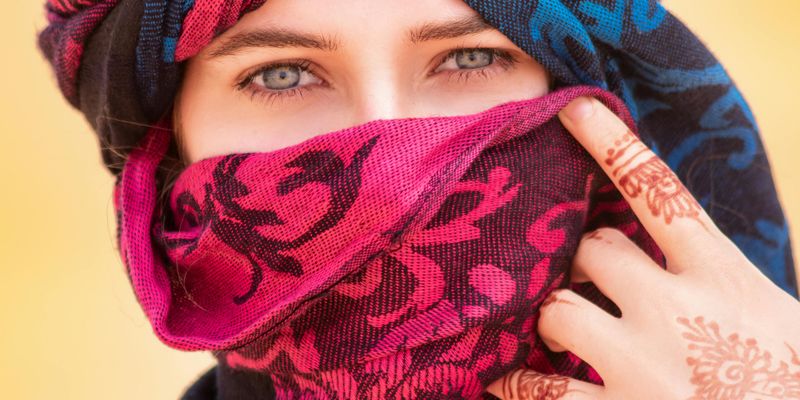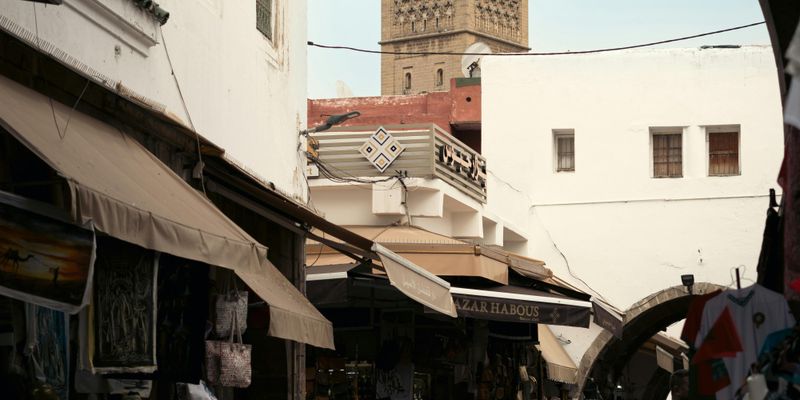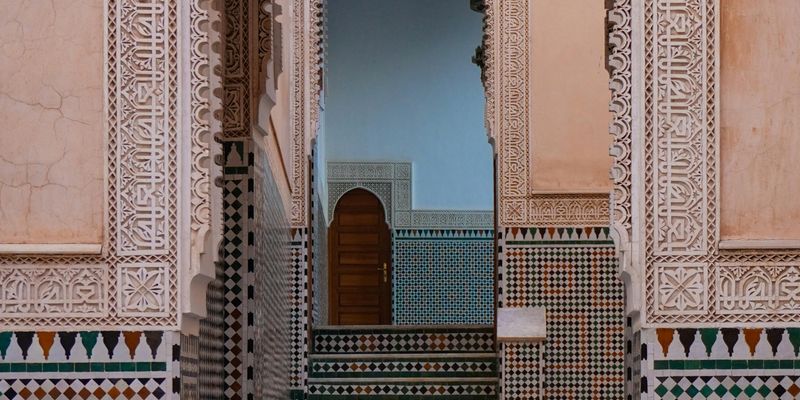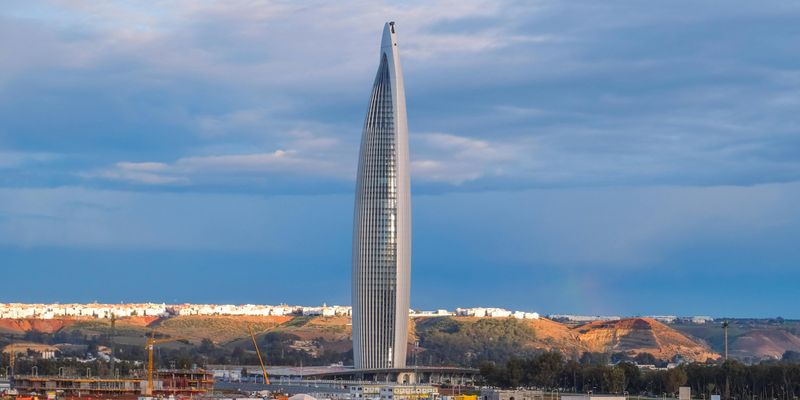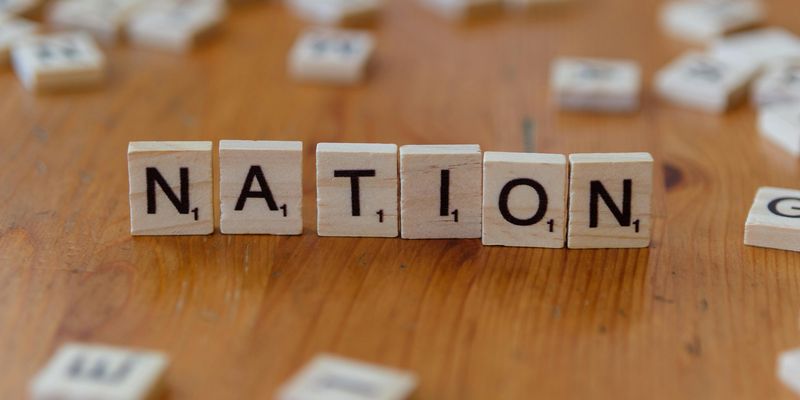
Why Learning Languages is a Gateway to Understanding Moroccan Culture
When I first stepped foot in Morocco, a vibrantly colorful tapestry of cultures and languages unfolded before my eyes. From the bustling souks (markets) of Marrakech to the serene beaches of Essaouira, one thread remained constant: the language. Learning the local languages—primarily Arabic and Amazigh (Berber)—opens the door to a deeper understanding of Moroccan culture, traditions, and just about everything that makes this country unique.
The Melting Pot of Languages
Morocco is a linguistic treasure trove. While Modern Standard Arabic is the official language, Moroccan Arabic, or Darija, is the everyday language spoken at home and in the markets. Additionally, Amazigh languages like Tachelhit, Tamazight, and Tarifit are widely spoken, especially in rural areas. French holds an important place too, as it is used in business, government, and education, making it a crucial tool for communication.
Connecting with the People
In my experience, speaking even a few words of the local language can dramatically change your interactions with locals. During a visit to a small café in Chefchaouen, I greeted the owner with a simple “Salaam” (hello). His face lit up, and we quickly struck up a conversation that revealed not only the café’s history but also the best spots to explore in the city. Knowing the language helps you move beyond the surface; it allows you to connect with the heart and soul of Moroccan people, who are deeply proud of their cultural heritage.
Understanding Cultural Nuances
Language is deeply intertwined with culture, and Moroccan languages are no exception. Phrases often bear cultural connotations that go beyond their literal meaning. For instance, when someone invites you to have tea—“Chauffez un peu de thé”—it’s not just about the drink. It’s an invitation to share stories, laughter, and build friendships. The practice of sharing tea, known as Atay, is an essential Moroccan ritual that exemplifies hospitality and warmth.
Delving into Traditions and Values
By learning the languages of Morocco, one gains insight into its diverse traditions and values. Berber proverbs, for example, often encapsulate wisdom that reflects the values of community and respect for nature, key elements in Amazigh culture. Furthermore, festivals like Gnaoua in Essaouira or the Moussem of Tan Tan, often celebrated in local dialects, showcase Morocco’s rich heritage. Understanding the languages gives you the context to appreciate these events, making them even more meaningful.
A Journey of Personal Growth
Embarking on the journey of learning languages is not just about communication; it’s also about personal growth. Immersing oneself in Moroccan linguistic culture fosters empathy, adaptability, and open-mindedness—traits that are invaluable in our increasingly globalized world. Whether you're sipping mint tea in a bustling market or exchanging pleasantries with a sage elder in the mountains, each moment becomes a tapestry of learning and connection.
Conclusion
Learning languages is more than an academic endeavor; it’s a vital key to unlocking the treasures of Moroccan culture. As you navigate this beautiful, diverse country, let language be your compass, guiding you to rich experiences that truly reflect the essence of Morocco. So, take the plunge—grab some Darija phrasebooks and dive into this enchanting linguistic adventure. You’ll find that the rewards are beyond what you can imagine.
